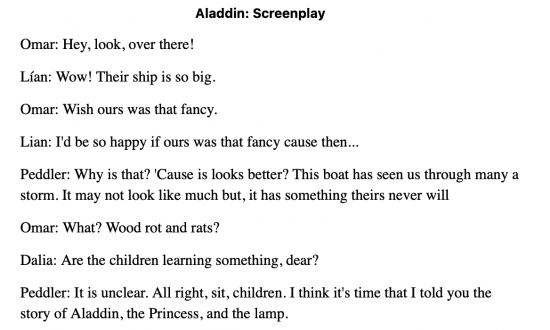In Birdigo, the game that Corey Martin and I are releasing on July 30th, we’ve run into an interesting design question.
The central mechanic of the game is using letters in your hand to build words, much like in Scrabble. Each card has a single letter on it, with the exception of the QXZ card, which can be played as ANY of those letters.

The QXZ card comes from my previous (physical) card game, AlphaBirds. It’s a useful innovation, turning a card that could be an albatross into something more flexible and useful. You’re not inclined to automatically discard QXZ like you might with a J.
Since Birdigo isn’t constrained by physical reality, we can do fun things to the cards themselves. They can be transformed into speckled, gold, platinum or diamond versions, scoring higher points when played. We can duplicate or destroy cards. We can even merge them using a special song:
Corncrake
Merge two selected cards
If you have a N and G in your hand, you can merge them into a NG card. But what exactly should that card do? In my head (and Corey’s coding logic), the card is counted as either an N or a G. You can use it to play words like LAWN or GRADE.
But that’s not how playtester Budgie saw it:
i combined N and G into one tile and the game frequently (but not always) fails to recognize words using the new tile. For example, e(ng)ine and leavi(ng) weren’t recognized as words, but fa(ng)s was.
Budgie saw the merged card as being both NG, not either N or G. But that’s not how the game logic works. It was letting him play FAN, but not ENINE, EGINE, LEAVIN or LEAVIG. It was user error, not a game bug.
Here’s the thing: Budgie’s mistaken assumption was potentially better than reality. Corey and I both got excited. What if Corncrake created cards that were ALL the letters rather than ANY of the letters? We could even let it fuse together more letters:
Corncrake
Merge up to three selected cards
This would make certain strategies much more plausible, including these feathers:
| Do-er | +20 flaps if word ends in ER |
| Click | +20 flaps per played “CK” |
| Birdigoing | +30 flaps if word ends in ING |
The problem is, that would create a new design challenge. The QXZ card means “any one of these letters.” Should a corncraked ING card mean “all these letters in this order” or “any one of these letters” depending on context? How do you make the distinction clear to the player?
After a lot of back and forth, Corey came up with four scenarios:
Option A:
unpublish Corncrake
don’t have ALL cards, only ANY
+ simplest to implement
– least fun
Option B:
make an ALL card type
make Corncrake create ALL cards instead of ANY
QXZ is the only ANY card and is visually distinct from ALL cards
+ fun new game mechanic
– potentially confusing to existing players
– a fair amount of work
Option C:
turn ANY cards into ALL cards
split our Gold QXZ into Diamond Q, Platinum X and Platinum Z
+ easy to understand
– Q, X and Z are harder to play
– makes lean decks riskier to play
Option D:
make merged cards valid as ALL or ANY
+ maximum flexibility for player
– confusing ambiguity
– extra game logic
As of this publication, we’re trying Option B. We will redesign the QXZ card to make it visually distinct from merged cards. We’ll play around with it internally before pushing it out to testers.
I’ve honestly loved iterating on Birdigo. Design dilemmas like this challenge your assumptions, and force you to look at problems from multiple perspectives. I’ve have similar experiences with Highland, Weekend Read and Writer Emergency Pack, all of which benefited from a team poking and prodding at every detail.
As a screenwriter who’s always dealing with narrative hypotheticals, it’s gratifying to be able to talk through a change, see it implemented, and quickly decide if it works.
When I’m pushing words around on a page, I’m mostly trying to make my inner critic happy, because the feedback loop with executives, producers and directors is so much slower. Collaborative projects like Birdigo require consensus and compromise, disagreement and discovery. I love it.
